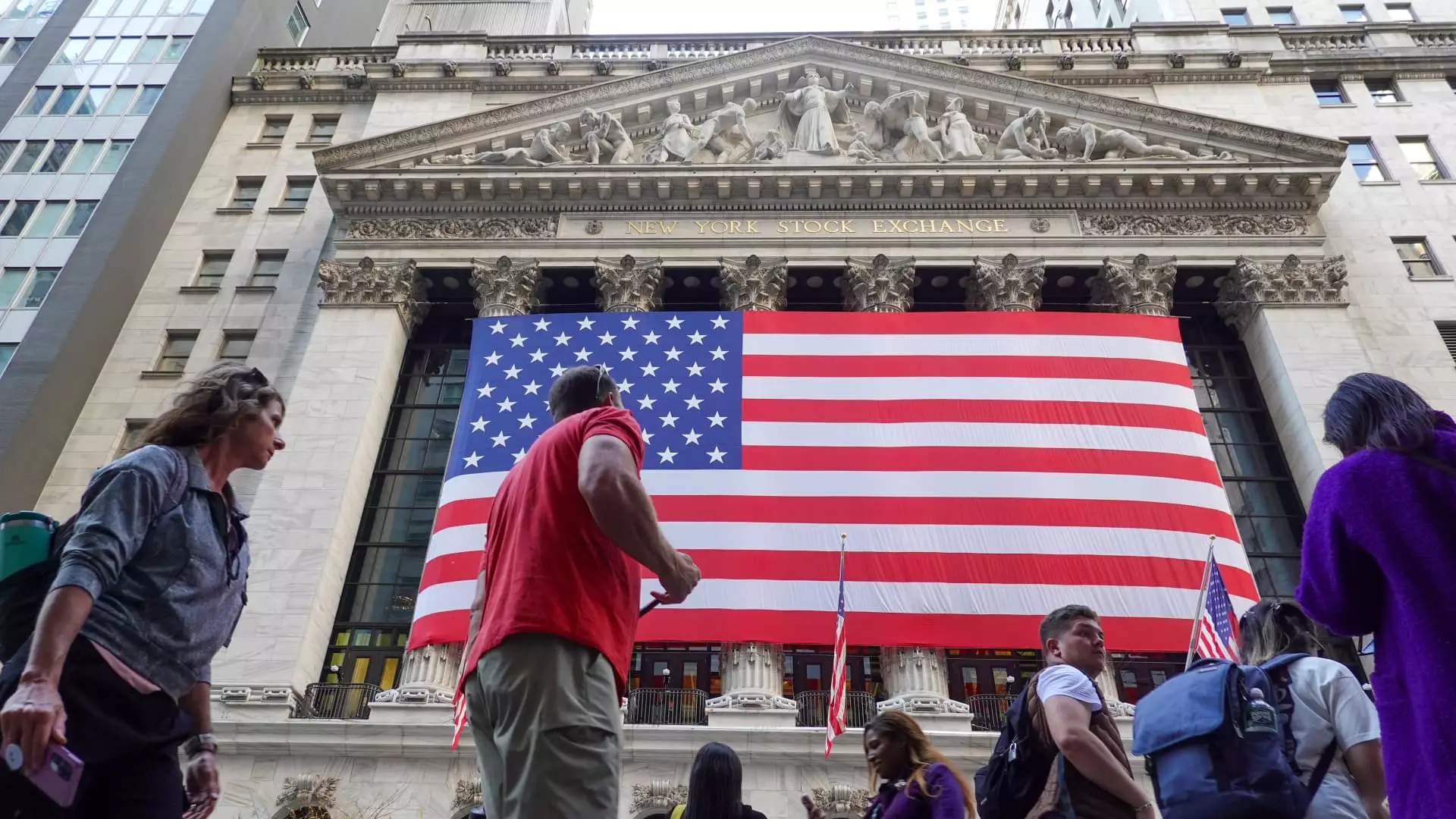In today’s dynamic financial landscape, astute investment decisions often hinge on real-time market analysis and an understanding of economic indicators. This article examines recent strategic investments in CrowdStrike and Home Depot, analyzing the rationale behind these choices in the context of fluctuating market conditions driven by Federal Reserve policies and investor sentiment.
Recent trading patterns have indicated a market that is grappling with volatility. Following a substantial drop induced by the Federal Reserve’s policies, analysts are observing a more stabilized environment. After a dramatic sell-off, prompted by concerns over potential interest rate hikes highlighted by a favorable Job Openings and Labor Turnover Survey (JOLTS), investors are beginning to sense a rebound. The S&P 500 Short Range Oscillator has suggested that the market is at its most oversold since early October 2023. Investors leveraging this indicator may find that previous downturns often present lucrative buying opportunities, as evidenced by the market’s performance shortly after past evaluations.
Given this backdrop, recent moves by Jim Cramer’s Charitable Trust to acquire additional shares of CrowdStrike and Home Depot highlight a disciplined approach to investing, one that is informed by broader macroeconomic pressures as well as company-specific fundamentals.
The decision to increase holdings in CrowdStrike, particularly at a trade price hovering around $354 per share, is indicative of confidence in the company’s enduring potential. As one of the leaders in cybersecurity solutions, CrowdStrike operates in a sector that remains critical in an increasingly digital world. The recent dip in its stock price brings it back to levels seen post the third-quarter earnings announcement, which marked a significant point of interest for investors.
Historically, the cybersecurity sector has been characterized by its growth potential, particularly as enterprises worldwide bolster their defenses against sophisticated cyber threats. The current pullback in CrowdStrike’s stock price could represent an opportunity for investors looking to capitalize on the company’s strong fundamentals. Observing such trends, it would be prudent for investors to consider this as more than just a short-term fluctuation but rather a strategic chance to deepen their exposure to a resilient industry.
Conversely, Home Depot, with its current trading price of around $390 per share, reflects the nuances of the housing market. The recent guidance from home builders, particularly Lennar, coupled with the Federal Reserve’s tempered outlook regarding interest rate cuts, has contributed to a pricing dip for home improvement stocks. Home Depot’s stock has seen a decline of approximately 10% since its peak in early December, which opens a critical question: Is now the right time to invest?
The home improvement sector is facing unique challenges, exacerbated by elevated mortgage rates and a resultant slowdown in housing turnover, which is currently at its lowest in thirty years. However, the assertion from Jim Cramer’s Charitable Trust implies patience could yield fruitful results, as they anticipate a potential rebound in 2025. Understanding market cycles is important, and while immediate prospects may seem concerning, historical trends suggest eventual recovery may lead to price increases.
The approach taken by Cramer’s Charitable Trust towards investing in CrowdStrike and Home Depot underscores a methodology that balances immediate market conditions with long-term potential. By employing a disciplined stance in times of volatility, the Trust positions itself to benefit from both current market corrections and anticipated future growth.
As we navigate an environment affected by economic shifts, investor sentiment, and strategic positioning, these insights serve as a reminder of the importance of thorough analysis and patience in investment strategies. Ultimately, the focus should be on recognizing value in overlooked segments while remaining vigilant against the whims of overall market sentiment. As always, due diligence is paramount in making informed investment decisions.


Leave a Reply